#CrimeFest17 #Day2 19th May
Well I rather excelled myself today and managed to attend 5 panels, 1 author presentation and meet 2 authors for interviews. My head is so full of titles, names, characters and crime that I can barely string a sentence together - so this post will be interesting!
Day 2 of Crime Fest and it was another fabulous day mingling with authors, bloggers, writers, readers and anyone who likes crime fiction. Here's a run down of the panels I attended and some of the highlights of my day!
HOW MANY DEATHS? THE APPEAL OF THE SERIAL KILLER IN CRIME FICTION





Perhaps not the lightest of topics to kick off a Friday morning with but while in CrimeFest..... This panel started by talking about why there was such a fascination with serial killers. Leigh Russell thought it might be because in childhood we read fairy tales about monsters, in adulthood the serial killers in crime fiction become these monsters. Helen Fields commented that perhaps our fascination is because there is a tiny bit of a serial killer inside all of us - we all have a fascination with the darker side and novels give authors and readers a safe place to explore and experience this.
There was some interesting chat about the kind of duty an author has when writing about serial killers and crimes. Although the novel is fiction and needs to be engaging and exciting, it cannot be flippant. Real crimes happens, people do commit murder and the number of lives affected by a murder are very far reaching from the immediate family to the police officers and lawyers. Serial killers perhaps, are interesting because we are interested in the impact their crime has on people- not the body count.
Some of the authors on this panel have direct experience of working with murders through their 'day' jobs so there was some discussion about whether you can 'spot' a killer and some anecdotes about situations in which the writers had felt uneasy or on edge. When working with criminals you have to engage with them but can't be drawn into their world.
GENRE JUMPING: CROSSING BOUNDARIES





As the title suggests, this panel was discussing how authors blend genres - the focus was mainly on horror and crime, or crime and supernatural, but there were lots of really interesting points raised. It started with a question about why we needed 'genre' - was it to help the reader, help the publisher or a marketing ploy? And does an author make a conscious decision to 'pick' a genre or do they just write a good story?
I found the question about what influence the homes and places where the authors write had on the genre they wrote in. For example Yrsa Siguaroardottir comes from Iceland where recently a road was moved to protect the elves and the children grow up being told not to throw stones as they don't want to hit the hidden people!
It was interesting to hear from four authors who were all generally writing using the same genre but mixing it and blending it to all produce books that are original and unlike each other. Each author had a different approach to writing, planning and word count but they did all agree on one thing and that was this - a great top tip for an aspiring writer!
"It's not write about what you know, but make sure you know what you write about."
And I'll leave you with their recommendations for books which they thing are perfect examples of authors who cross boundaries and jump genres!
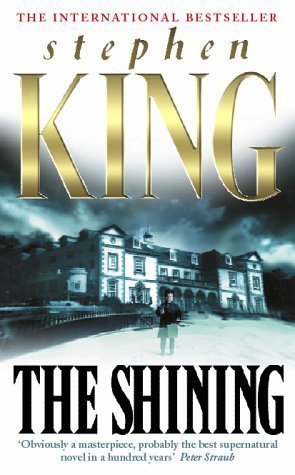




YOU ARE NOT ALONE: GIVING YOUR PROTAGONIST FAMILY AND FRIENDS





So, protagonists in crime fiction who have family and friends - oh no, sorry they don't. Why don't they? Does it remove all the extra baggage, character descriptions, mundanity of chores and details? Does a protagonist work better when they have hit rock bottom and are totally alone? Does it make for a more dramatic story? Or is it because ultimately we all fear being alone?
All of the above it would seem! That and a need to really challenge and push the main character so they are really tested. If they are isolated they are more alone, more challenged, everything is harder and the author can really explore the emotional strength of their character.
Why are families so dysfunctional in crime thrillers? Why is their such a fascination with 'toxic' siblings and parents? Again, is it because everyone has a family, every family has aspects of dysfunction with in it, and ultimately we are all intrigued by what has make these people or these relationships toxic. "Home is where the hurt is".
One of the questions from the floor was what is the best and the worst thing about being a writer. It seems the authors all suffer from anxiety and self doubt about their work and the best bits are the actual writing itself, the fun they can have playing with their characters and coming up with the initial idea. Cally Taylor also added that her best thing was when you get an email from someone who hasn't read for a long time - until they discover your book! Let's hope she also now thinks the best thing is when a starry eyed fan proclaims their love for her when she's signing books. Not that I did that. Obvs. (I know, I know, my suitcase is packed.....)
Finally here are some of the books that influenced these authors:


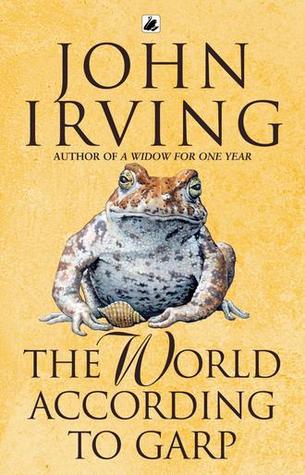
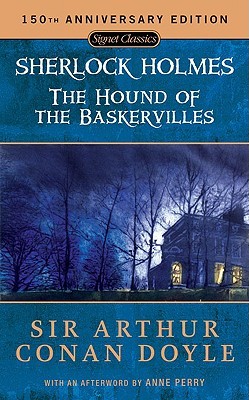



OBSESSION: PASSION, MANIA, OR SIMPLE ENTHUSIASM





Ok so this panel was all about obsession and stalking. (No wise cracks please, I will always plea I'm "simply enthusiastic"...!!) The discussion on this panel raised a lot of interesting questions as the authors talked about whether stalking was ever alright, what causes people to do it - whether it is just an obsession out of control or something more pathological, why do stalkers think they have that sense of entitlement and whether it is triggered by some trauma in their youth.
The authors talked about what inspired them to write about stalkers and if this was the intention when they began writing. Kendal's first book (The Book of You) is written in the 2nd person which creates more intensity for a story already focusing on someone's intense obsession. The authors also talked about how many of us enjoy a little bit of (innocent) stalking - watching out the window and making up narratives about our neighbours, following the same routes on our daily walks, lurking on line to look up ex boyfriends...... And if it is this reason that makes us want to read about them.
There was a question about the impact of social media and how this might affect novels about stalking. Most of the authors have not included social media in their novels due to setting, time or the age of the characters - and they did feel that obsessive fixations with people usually required something more present and close which you couldn't get online or virtually.
Here are there favourite 'stalking' novels:

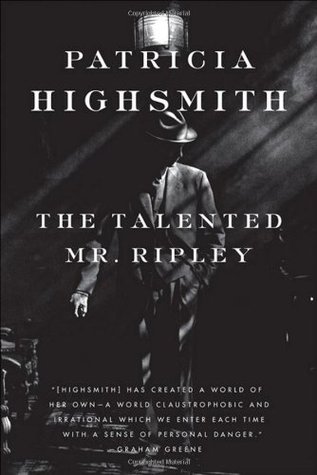
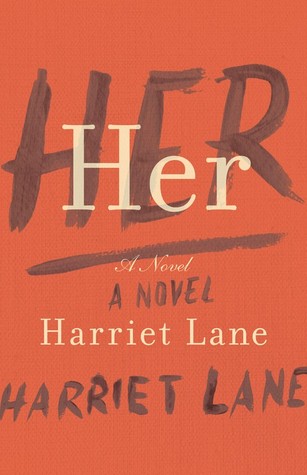


And Finally - PARENTING 101: WHEN YOUR PROTAGONIST HAS COMMITMENTS

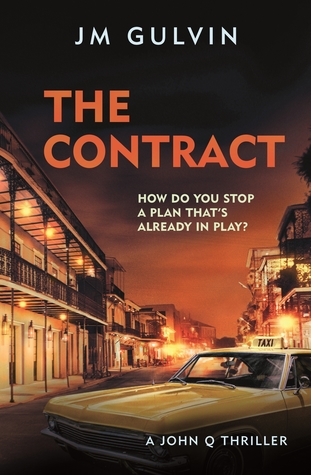



What happens when your protagonist has a child? What happens when they lose that child or have to take that child with them on a journey that's not safe or when they have to compromise their children's safety? All of these authors have chosen to write about parents and children in different ways and for different reasons. Most of them felt that by giving their protagonist a child, it made them more real, more empathetic, less of a lone wolf.
There were some interesting discussion points raised about the difference between parenting in the US and the UK, whether you needed to be a parent to write about being a parent, how you found your way into the head of the young child you were writing about and how much of yourself and your own family you put into your novel.
Again, as with the other panels today, there was a diverse range of authors, all with different kinds of stories, settings, locations and protagonists and all with different approaches to giving their main character commitments. It was a very interesting chat with which to end the day!
Thanks so much to all the panelists for such a fascinating day. I have loved every minute of listening to all they've shared and really enjoyed hearing more about their thought processes, writing lives and the wider issues that are explored through crime fiction.
And once more, a further handful of books to add to my TBR pile!!

0 Response to "#CrimeFest17 #Day2 19th May "
Post a Comment